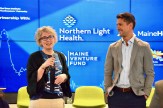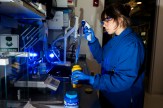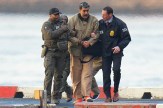Northeastern University’s Cancer Nanomedicine Co-ops for Undergraduate Research Experiences program is training the researchers who could transform cancer treatments
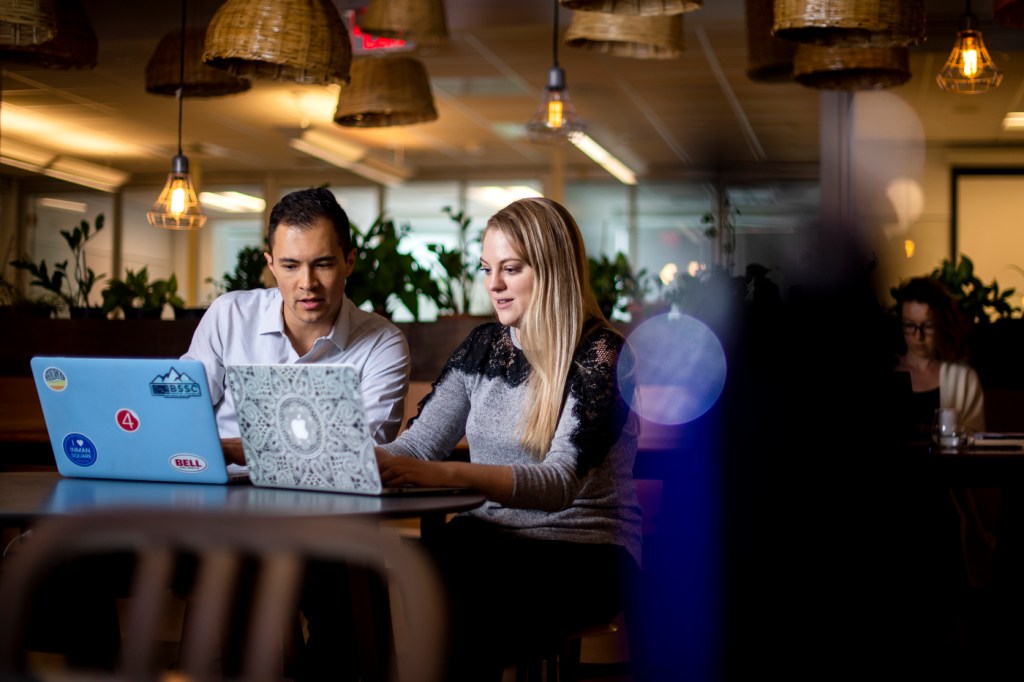
Amanda Stroiney, who is developing a mobile app that delivers personalized treatment information to people with breast cancer, and who is applying to medical school with an eye toward oncology, never expected to work in the field of cancer research.
She studied behavioral neuroscience and criminal justice at Northeastern and planned to study brains.
But then she did a co-op at the Dana-Farber Cancer Institute through a Northeastern program that created opportunities for undergraduate students to gain hands-on training in cancer nanomedicine. The program allowed her to work with top cancer researchers at Dana-Farber, which is one of the leading cancer treatment and research centers in the world. And her experience changed everything.
Since its inception in 2015, 75 students have completed the same program Stroiney did—called Cancer Nanomedicine Co-ops for Undergraduate Research Experiences, or CaNCURE, for short.
In early June, CaNCURE received a $1.5 million grant from the National Cancer Institute, a branch of the federal National Institutes of Health, to support the work of 80 more undergraduate students over the next five years.
“What we’re doing is putting together our great students with the world’s best researchers in nanomedicine, training them to become cancer researchers,” says Srinivas Sridhar, University Distinguished Professor of Physics at Northeastern, who directs the program.
And, it appears to be working. “Over two-thirds of our alumni have stated that what they learned in CaNCURE helped them land their first job or get into medical school,” says Anne van de Ven, who is a research assistant professor of physics and the associate director of the program.
Stroiney was among the first students to take advantage of the program, just before she graduated in 2016.
She worked in the radiology department at Dana-Farber, studying two different imaging techniques that are used to diagnose a patient’s cancer.
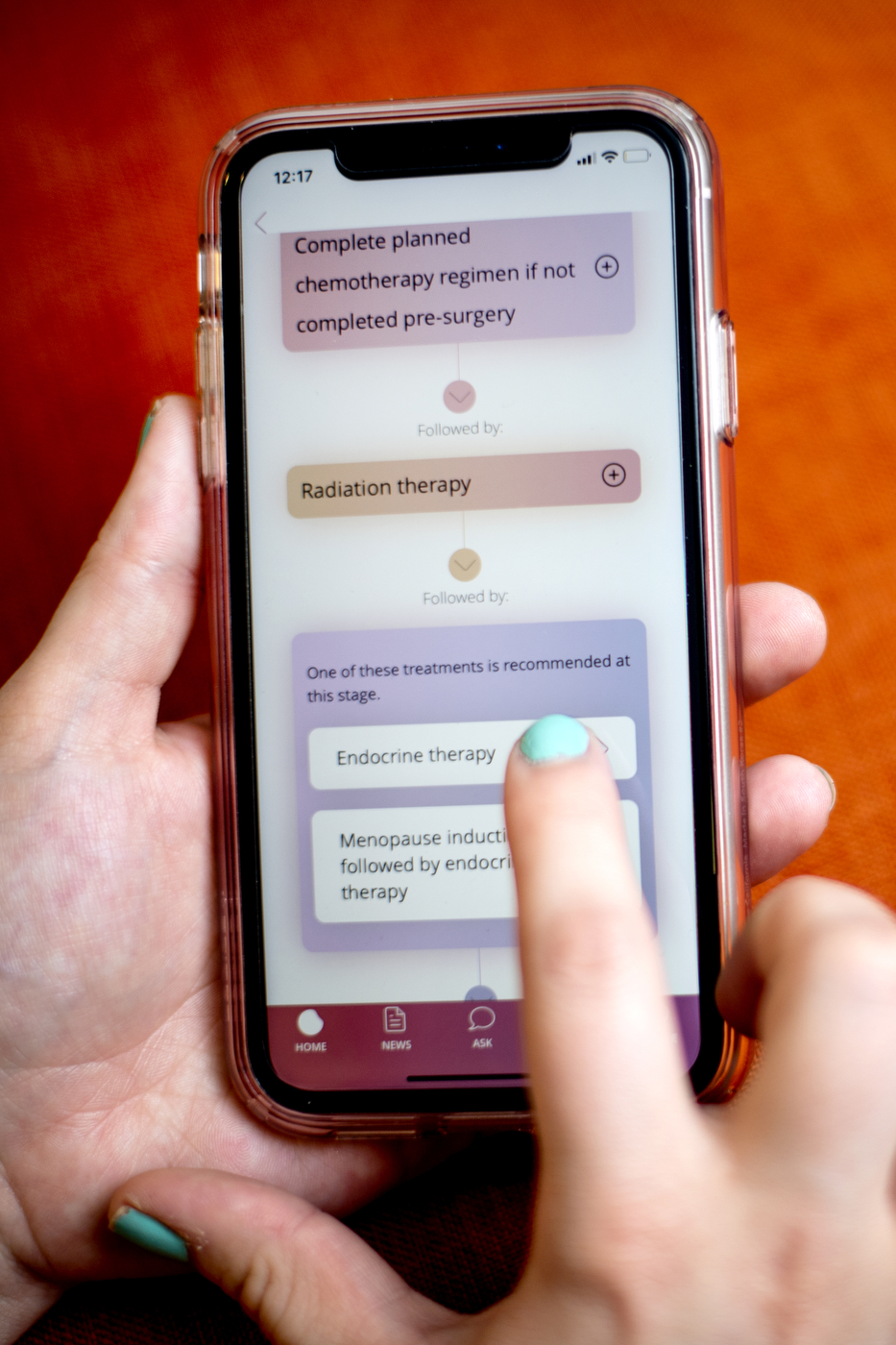
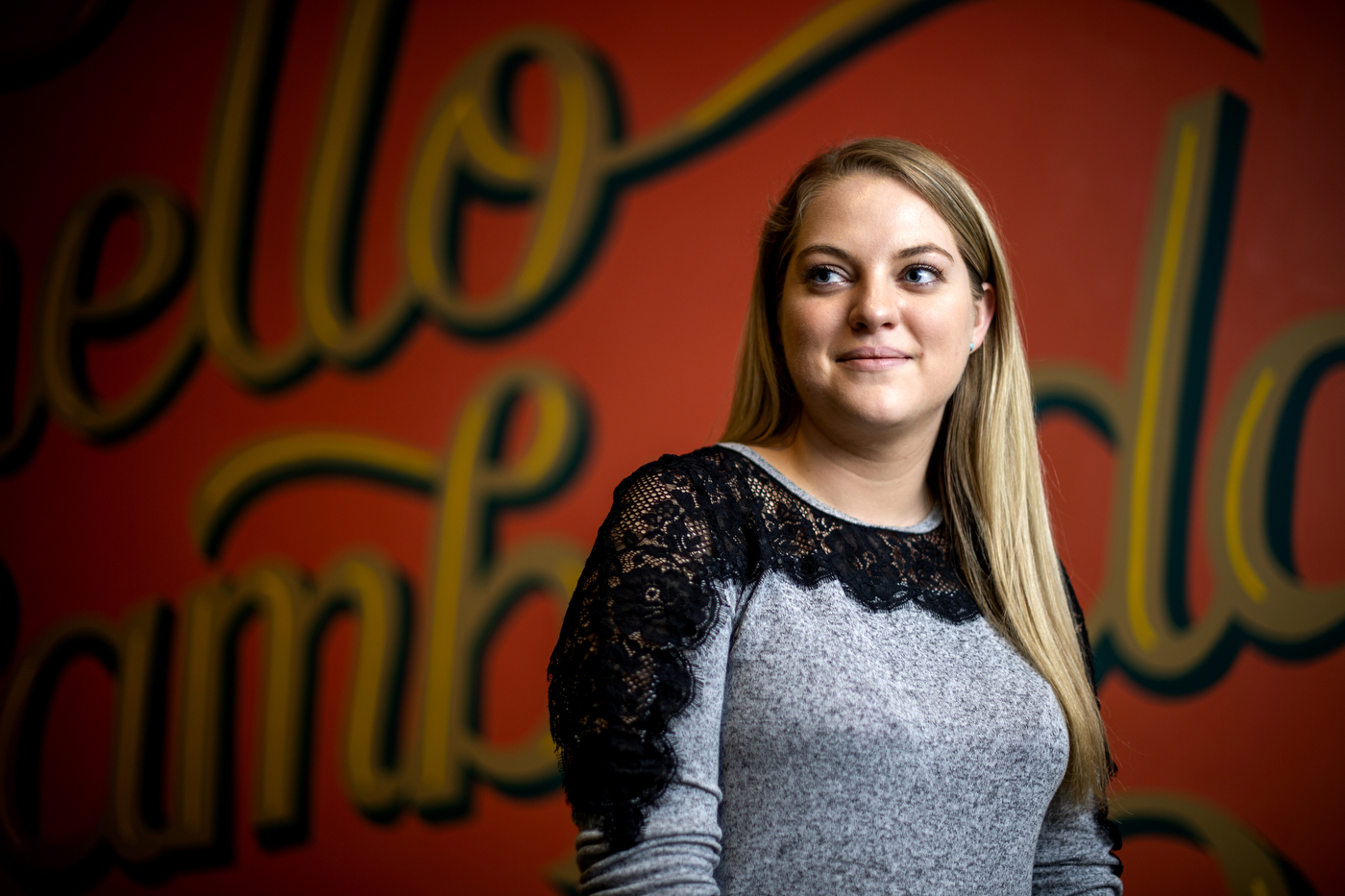
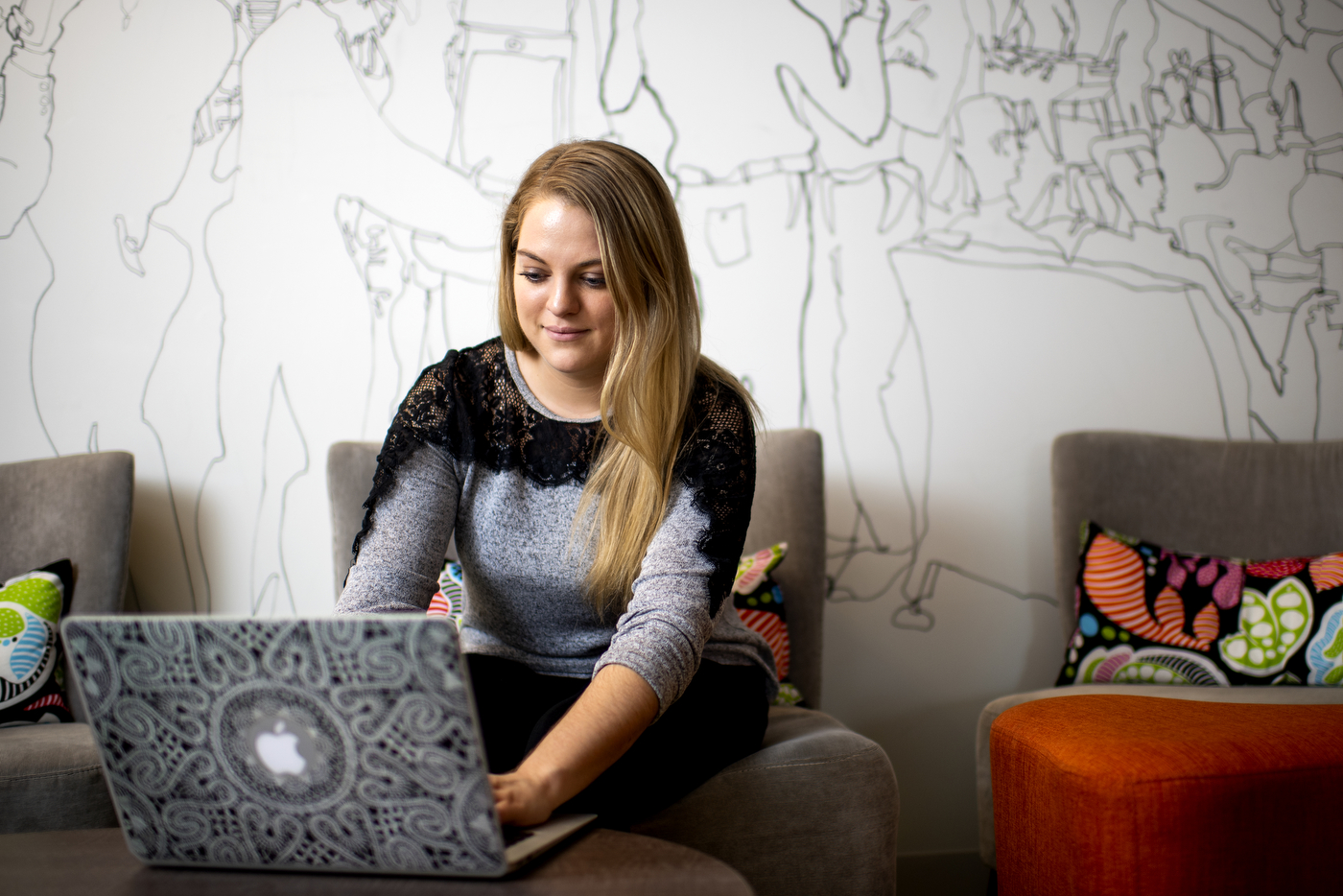
Toward the end of her final year at Northeastern, Stroiney got two job offers on the same day. The first offer was related to her major, doing neurological behavioral studies. It’s the job she probably would’ve seen herself in, as a freshman. The second offer was for a clinical research position within the Center for Immuno-Oncology at Dana-Farber, and more aligned with what she did in CaNCURE.
She chose Dana-Farber.
“I really believe CaNCURE launched my career,” Stroiney says, three years after that fork-in-the-road day. She was sitting in the bustling co-working space in Cambridge, Massachusetts, out of which she’s working to create a personalized cancer treatment app.
Hers is a sentiment echoed by other CaNCURE alumni, including Sarah Sherman.
Sherman, who graduated from Northeastern in 2017 with a combined degree in biology and English, says she applied to the CaNCURE program because she wanted to gain experience in research, knowing it was a common career path for people in science fields.
She worked at Massachusetts General Hospital in a molecular imaging lab, where she was put in charge of testing a new breast cancer treatment to determine if it would be effective enough for clinical trials. It wasn’t, but Sherman says the experience inspired her profoundly. After she graduated, Sherman won a prestigious Fulbright Scholarship to do cancer research in Botswana. Since then, she’s worked at a small biomedical company that’s seeking to transform how diseases are detected.
“CaNCURE was pretty pivotal for me, particularly because before the program, I hadn’t done research outside a classroom setting,” Sherman says. “Without that initial opportunity to gain skills, I wouldn’t have felt as confident to take advantage of other opportunities along the way that have led me here.”
Sherman and Stroiney are among several students, faculty, staff, and alumni in the nanomedical field whose work will be highlighted at the fifth annual Nanomedicine Day at Northeastern on Thursday, June 13 in the Raytheon Amphitheater. Registration is not required to attend. A full agenda for the day can be found online.
For media inquiries, please contact media@northeastern.edu.
